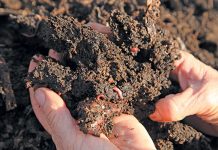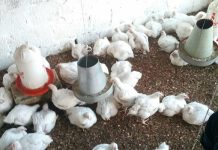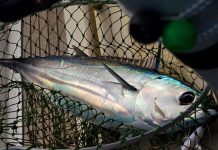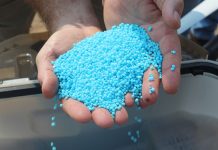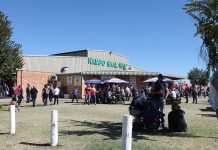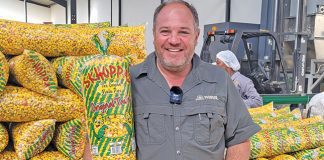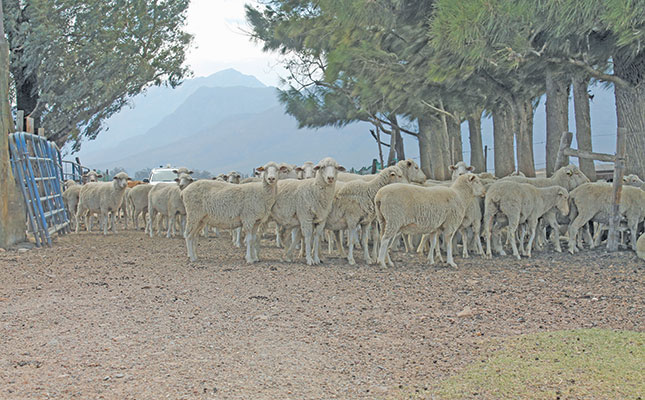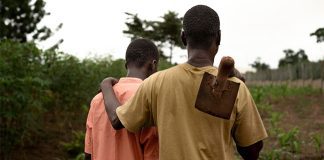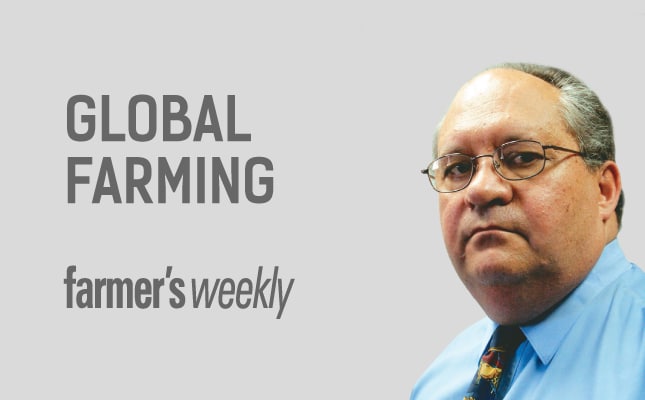
South African farmers are known as very stubborn individuals with an ‘I am the boss on this farm and nobody tells me what to do on my farm’ outlook. Well-known Theunissen farmer, the late Koos Pienaar, used to say that there are some farmers who pushed their own prams while they were babies.
This viewpoint served farmers well while they were busy opening up the country for farming and in their struggles with indigenous people and amongst themselves.
This ‘baas van my plaas’ attitude does not work well in an environment where the consumer demands that the food and fibre they buy must be produced in what the consumer perceives as a sustainable way.
Good agricultural practices
South African industries and especially the export sector took up the challenge to ensure that products are produced in accordance with global and local standards.
Fruit producers experienced what happens when products are exported without proper attention to quality standards. When the new Marketing Act came into operation in 1998, all the marketing boards were closed down.
Fruit exports were done on a free-for-all basis and the markets were flooded with substandard products. Some fruit farmers had to pay for losses on the export markets while others were lucky to break even.
The industry realised that some form of quality control over exports was needed. Currently farmers have to comply with the specifications of an international certification programme, Global Good Agricultural Practice (Global GAP).
Fruit producers can complain about the hassle and cost of complying with Global GAP but if they want to produce fruit for export they have to comply.
Wool producers also realised that they will have to prove that they produce wool in a humane and sustainable way. The Sustainable Cape Wool Standard (SCWS) is managed by the National Wool Growers Association. It is a voluntary standard. Famers are free to comply or complain about it.
Those who comply can expect a premium for their wool. The cotton industry also has an excellent traceability system in place.
The recent outbreak of foot-and-mouth disease has once again highlighted the importance of a traceability system for livestock producers. The Livestock Identification and Traceability System South Africa (LITSSA) has been on the drawing board for many years.
In 2018 a comprehensive document on the standards and planned implementation of LITSSA was published by the Department of Agriculture, Land Reform and Rural Development, and the National Animal Health Forum.
Every outbreak of food-and-mouth disease results in an increase in the urgency to implement it. We do not have to reinvent the wheel. The Namibian mandatory animal identification system works well.
LITSSA will have to be a mandatory system with which every owner of livestock will have to comply. The regulations will have to prohibit the sale of animals without proper identification. A voluntary system that allows the complainers to abstain will not work.
South African pork producers and their body, the SA Pork Producers’ Organisation (SAPPO), are good examples of the success that can be achieved when the role players in an industry co-operate without complaining. African swine fever (ASF) is endemic in South Africa.
SAPPO instituted a system of animal identification and movement recording to reduce the spread of ASF and open export opportunities.
SAPPO’s consumer education project is probably the best generic advertising campaign in South Africa. Their animal welfare code and Pork 360 Processing Standards ensure that pigs are kept in group housing for their gestation period.
Pork producers reap the benefits of their joint efforts in terms of a growing industry.
Systems that promote good agricultural practices hold additional benefits for farmers.
Precise stock control of chemicals and other farm requisites result in less pilfering and damages, and the records of operations aid in identifying possible hazards and problems.
Farmers can either wait for consumers, assisted by environmental and animal rights groups and journalists, to tell them how to farm, or they can proactively develop and implement systems that ensure good agricultural production in a sustainable way.
Koos Coetzee is an independent agricultural economist.



